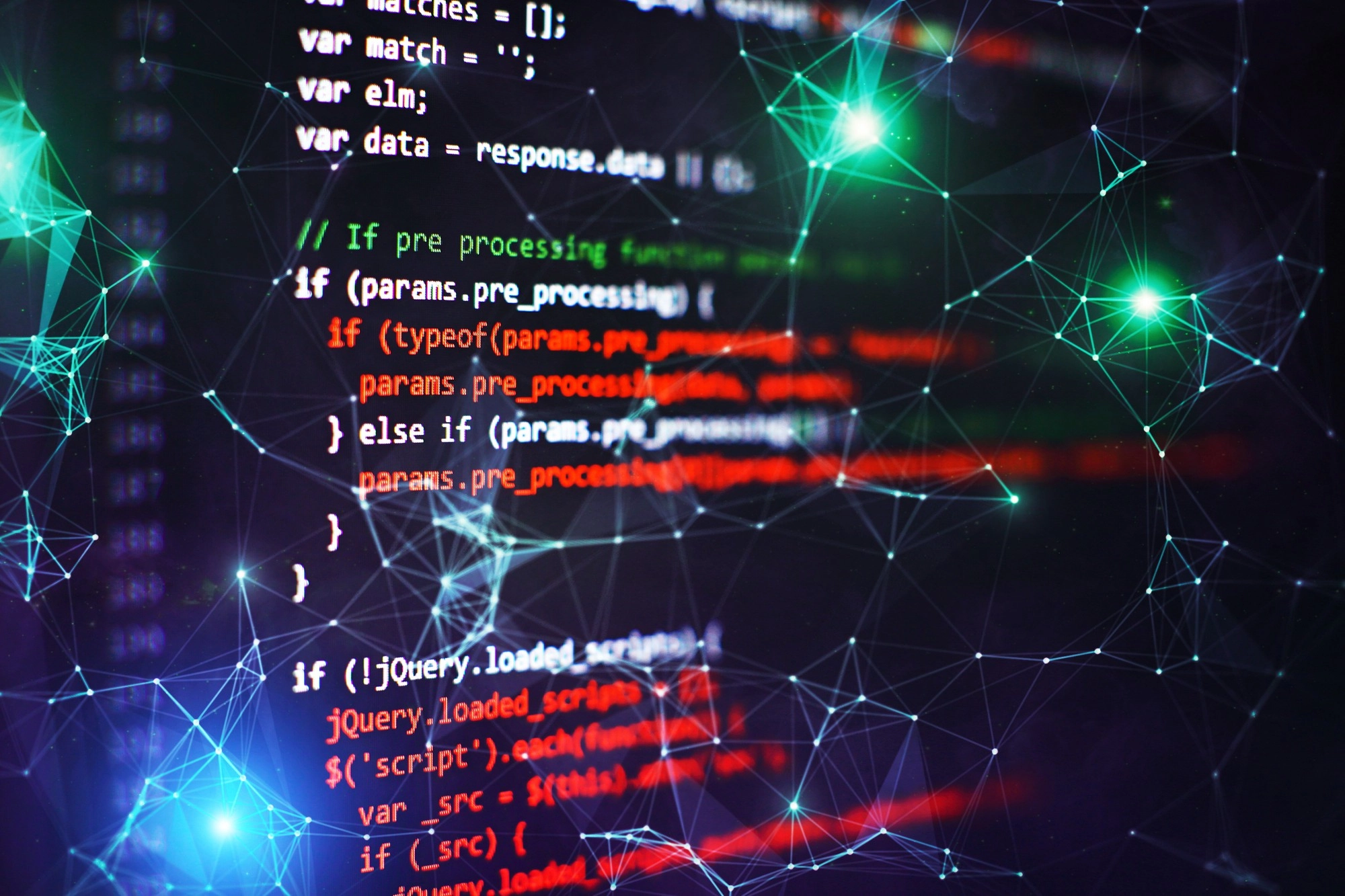-
 "FBI Alert Warns of Increase in Disruptive DDoS Attacks"
"FBI Alert Warns of Increase in Disruptive DDoS Attacks"The Federal Bureau of Investigation (FBI) has warned of the increase in distributed denial-of-service (DDoS) attacks against U.S. organizations. According to the FBI, threat actors have been trying to use built-in network protocols to increase the size…
-
 "Reports Finds IoT Devices Host Social Media Apps, FDA-Recalled Platforms"
"Reports Finds IoT Devices Host Social Media Apps, FDA-Recalled Platforms"Researchers analyzed more than 5 million Internet of Things (IoT), Internet of Medical Things (IoMT), and unmanaged devices used in healthcare, life sciences, manufacturing, and retail sectors between June 2019 and June 2020. Diagnostic medical imaging…
-
 "ASUS Home Router Bugs Open Consumers to Snooping Attacks"
"ASUS Home Router Bugs Open Consumers to Snooping Attacks"Researchers at Trustwave have discovered two flaws in ASUS routers that allow man-in-the-middle attacks that would give an attacker access to all data flowing through the router. The bugs are found in the RT-AC1900P whole-home Wi-Fi model, within…
-
 "64% Majority of Organizations Lack Confidence in Security Posture"
"64% Majority of Organizations Lack Confidence in Security Posture"A joint research report, titled "2020 State of Enterprise Security Posture," from cybersecurity firms Balbix and Cybersecurity Insiders finds that most organizations lack confidence in their security posture. According to the report, cybersecurity teams…
-
 "Organizations With Poor Privacy Practices 80% More Likely to Suffer Data Breach"
"Organizations With Poor Privacy Practices 80% More Likely to Suffer Data Breach"Researchers at Osano found that organizations with inadequate data privacy practices are 80 percent more likely to suffer a data breach than those with the highest-ranked privacy practices. Companies with the lowest privacy scores lost 600% more records…
-
 "Apple Starts Giving 'Hacker-Friendly' iPhones to Top Bug Hunters"
"Apple Starts Giving 'Hacker-Friendly' iPhones to Top Bug Hunters"Apple has launched its Security Research Device (SRD) program, which will provide special iPhones to the most-trusted researchers. These iPhones will give researchers access to the device's underbelly to make it easier for them to find and report…
-
 "Internet Scan Shows Decline in Insecure Network Services"
"Internet Scan Shows Decline in Insecure Network Services"Rapid7 recently released a report on the state of Internet security. According to the report, there has been a decline in easy-to-exploit protocols, such as server message block (SMB), file transfer protocol (FTP), and telnet. However, most organizations…
-
 "Data Breach Reports Down by One‑Third in First Half of 2020"
"Data Breach Reports Down by One‑Third in First Half of 2020"According to a new report published by the Identity Theft Resource Center (ITRC), the number of publicly reported data breaches in the United States in the first half of 2020 dropped by 33%. Breaches between January and June of this year impacted…
-
 "Texas College to Improve Cybersecurity of Smart Buildings"
"Texas College to Improve Cybersecurity of Smart Buildings"The Texas A&M College of Engineering received $3.5 million from the U.S. Department of Energy (DOE) for a project aimed at improving the cybersecurity and energy efficiency of smart buildings. Texas A&M will partner with Drexel University,…
-
 "142M Alleged MGM Customer Records Found for Sale on the Dark Web"
"142M Alleged MGM Customer Records Found for Sale on the Dark Web"The data breach suffered by MGM Resorts International last year may have compromised more customer records than initially discovered. MGM originally confirmed that 10.6 million MGM customer records were found online, which included full names, addresses…
-
 "Seven VPN Apps Accused of Exposing More Than a Terabyte of Private Data"
"Seven VPN Apps Accused of Exposing More Than a Terabyte of Private Data"Researchers at vpnMentor have discovered a leaked database where 7 VPN providers left more than a terabyte of browsing logs out in the open for anyone to access. The database included records of the websites users visited, plain-text passwords,…
-
 "Malicious Cryptocurrency Trading Apps Target MacOS Users"
"Malicious Cryptocurrency Trading Apps Target MacOS Users"A group of spoofed cryptocurrency trading apps is targeting macOS users. According to ESET researchers, these malicious apps are installing Gmera malware, which is capable of stealing user data and cryptocurrency wallets. Gmera malware can also grab…
News